Build a strong foundation in machine learning by exploring core models and end-to-end pipelines. Through hands-on projects, learn to train, test, and apply models to real-world scenarios—preparing you for deeper study in advanced ML and deep learning.
By the end of this course, participants will be able to:
Overview:
This module provides an overview of machine learning, its concepts, applications, and significance in data-driven decision-making.
Topics to Cover:
Overview:
This module explores the KNN algorithm, its implementation, and its applications in classification tasks.
Topics to Cover:
Overview:
This modules examines the principles of linear regression and its use in predicting continuous outcomes.
Topics to Cover:
Overview:
This module dives into various classification techniques, focusing on logistic regression for binary classification problems.
Topics to Cover:
Overview:
This module examines EDA techniques to analyze data, identify patterns, and inform modeling strategies.
Topics to Cover:
Overview:
This module focuses on the importance of data cleaning and preprocessing techniques for preparing data for analysis.
Topics to Cover:
Overview:
This module explores feature engineering methods to enhance model performance through the creation and selection of relevant features.
Topics to Cover:
Overview:
This module shows dimension reduction methods, such as PCA, to simplify datasets while retaining essential information.
Topics to Cover:
Overview:
This module focuses on decision trees, their structure, and their applications in classification and regression tasks.
Topics to Cover:
Overview:
This module demonstrates techniques for model validation, performance evaluation, and parameter tuning for optimal results.
Topics to Cover:
Overview:
This module explores ensemble methods, including bagging and boosting, and their applications in improving model accuracy.
Topics to Cover:
Overview:
This module teaches the importance of model interpretation and techniques for achieving explainable AI.
Topics to Cover:
Overview:
This module shows insights into unsupervised learning techniques, including clustering and association rule learning.
Topics to Cover:
Overview:
This module explores the fundamentals of neural networks and deep learning, including architectures and applications.
Topics to Cover:
Overview:
This module shows how to build recommender systems using collaborative filtering and content-based methods.
Topics to Cover:
Overview:
This module demonstrates the basics of NLP and its applications in processing and analyzing textual data.
Topics to Cover:
Overview:
This modules demonstrates the basics of ML Operations.
Topics to Cover:
Overview:
This module applies ML models using real-world use cases.
Topics to Cover:

Get access to top-rated courses, real projects, and job-ready skills.
We’re here to help. Talk to our advisors.
I had an incredible experience at this data science bootcamp! Coming in with no prior knowledge, I was amazed at how quickly I gained a solid understanding of the field. The curriculum is intensive and hands-on, allowing me to learn real, applicable skills through working on real client projects. The staff are exceptionally supportive and always ready to help. This bootcamp truly transformed my career path, and I couldn’t be more grateful for the knowledge and confidence I’ve gained. Highly recommended for anyone looking to break into data science!
My experience was awesome. I was taught by professional data engineers who shared their insights based on their professional experience. The topics covered are relevant to what employers are looking for and I enjoyed hands-on projects. I learned all the skills I needed to be a data engineer and I got a full-time offer as a data engineer, thanks to the mentors from WecloudData. I highly recommend this program. I was able to land interviews at Amazon, Yelp, CI Financial e.t.c
Deciding to go with WeCloudData was one of the best decisions I made during my career switch. Their Bootcamps are intense but they get you where you need to go. The instructors are amazing and the TAs very knowledgeable. Their client projects taught me a lot even after the bootcamp was done. I was able to land my current job thanks to the skills and training from the course.
I had the pleasure of attending WeCloudData’s Data Fundamentals bootcamp, which was fantastic. The highly qualified instructors used cutting-edge teaching techniques that greatly facilitated understanding the logic of coding and programming. They carefully progressed us from fundamental to more complex subjects, avoiding any feeling of overload. I wholeheartedly endorse this course for anyone hoping to become a data analyst—it’stheonly one you’ll need. The teachers are very outstanding!
This bootcamp provided me with the necessary technical skills and industry knowledge to secure a data job. The instructors are knowledgeable and shared everything they know to help me achieve my goals. The TAs are resourceful and patient answering my questions. The projects in the bootcamp enhanced my knowledge and impressed interviews. This is a wonderful bootcamp if you are looking to either imporve your skills or switch career!

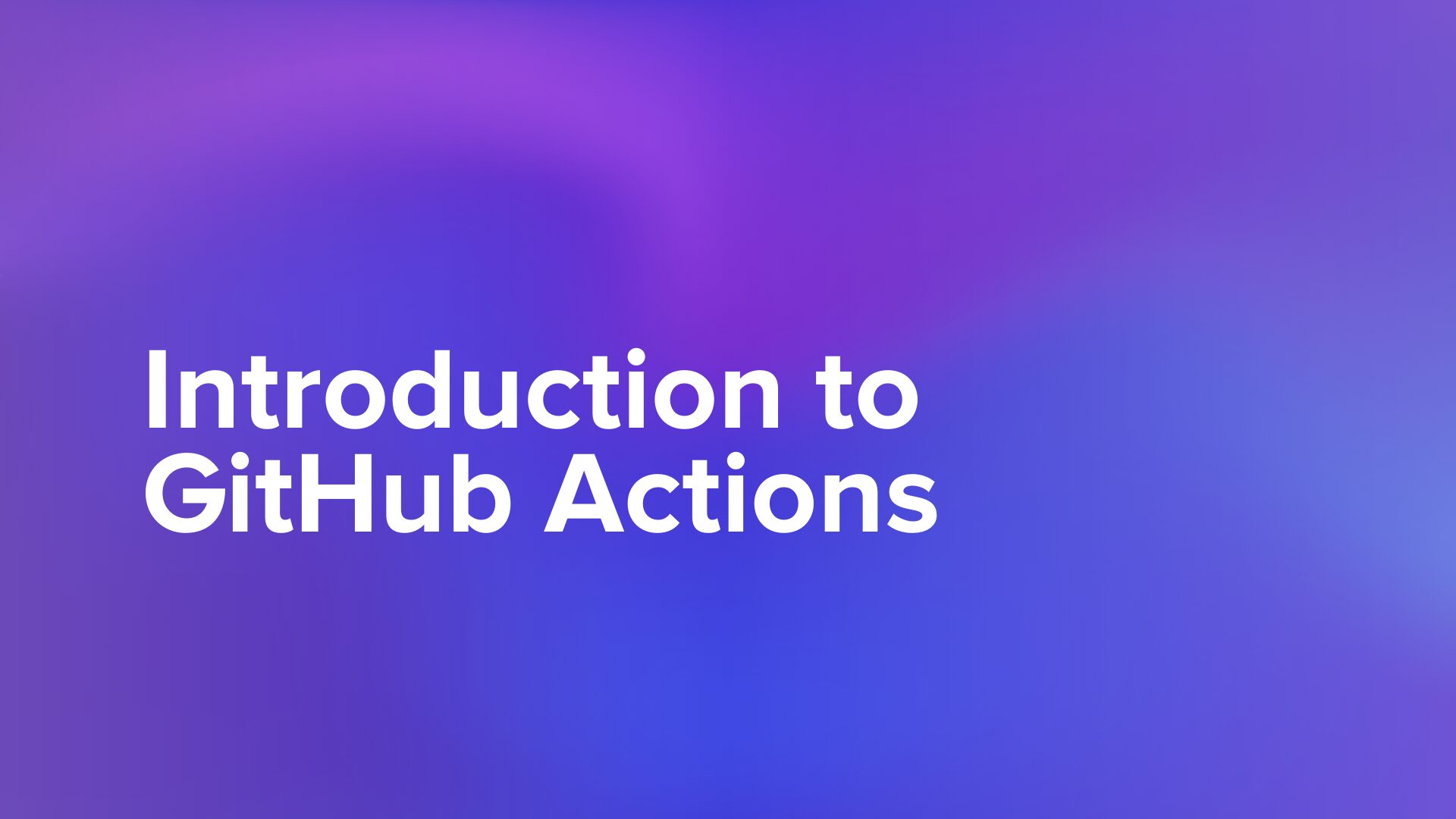

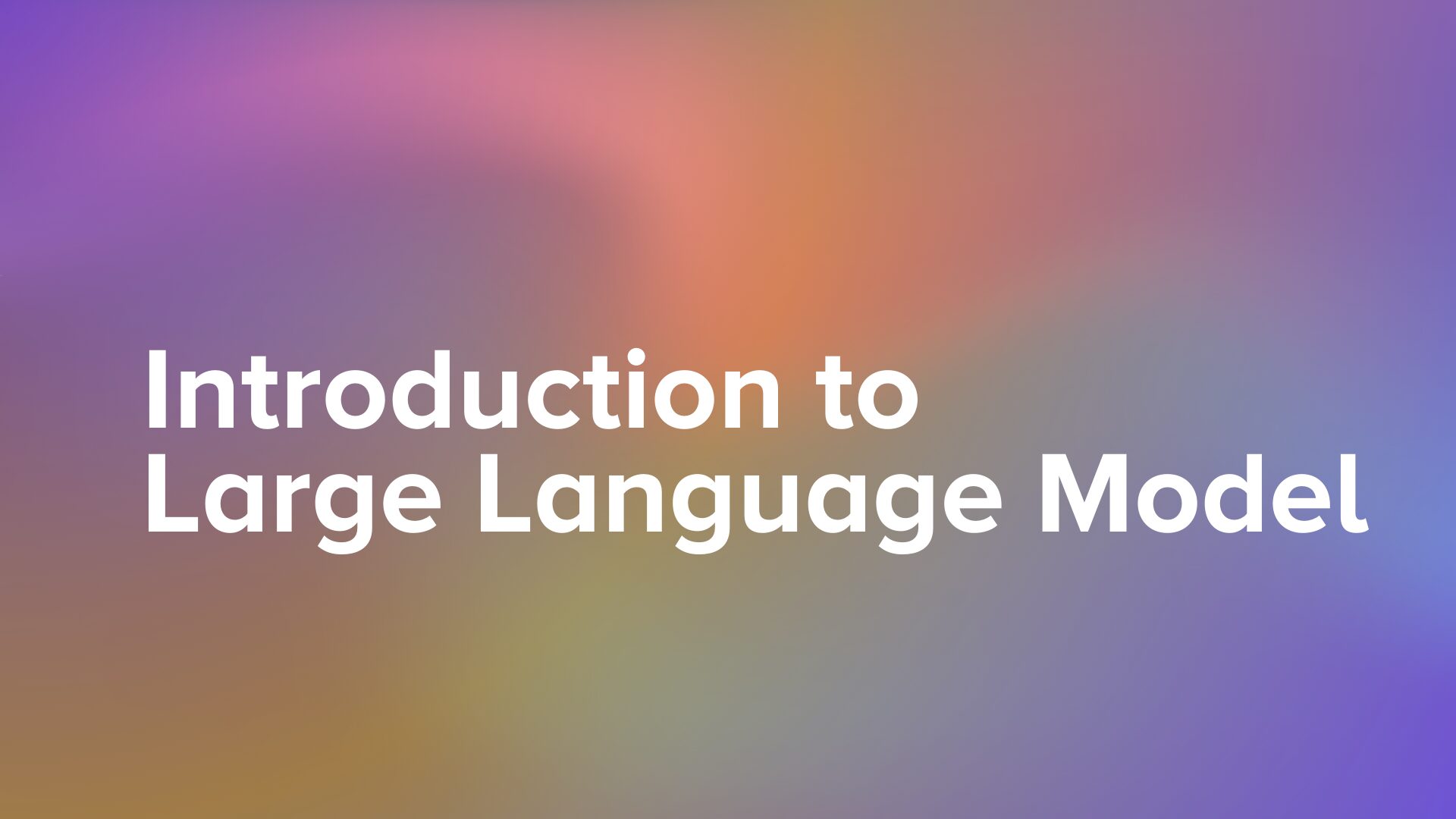

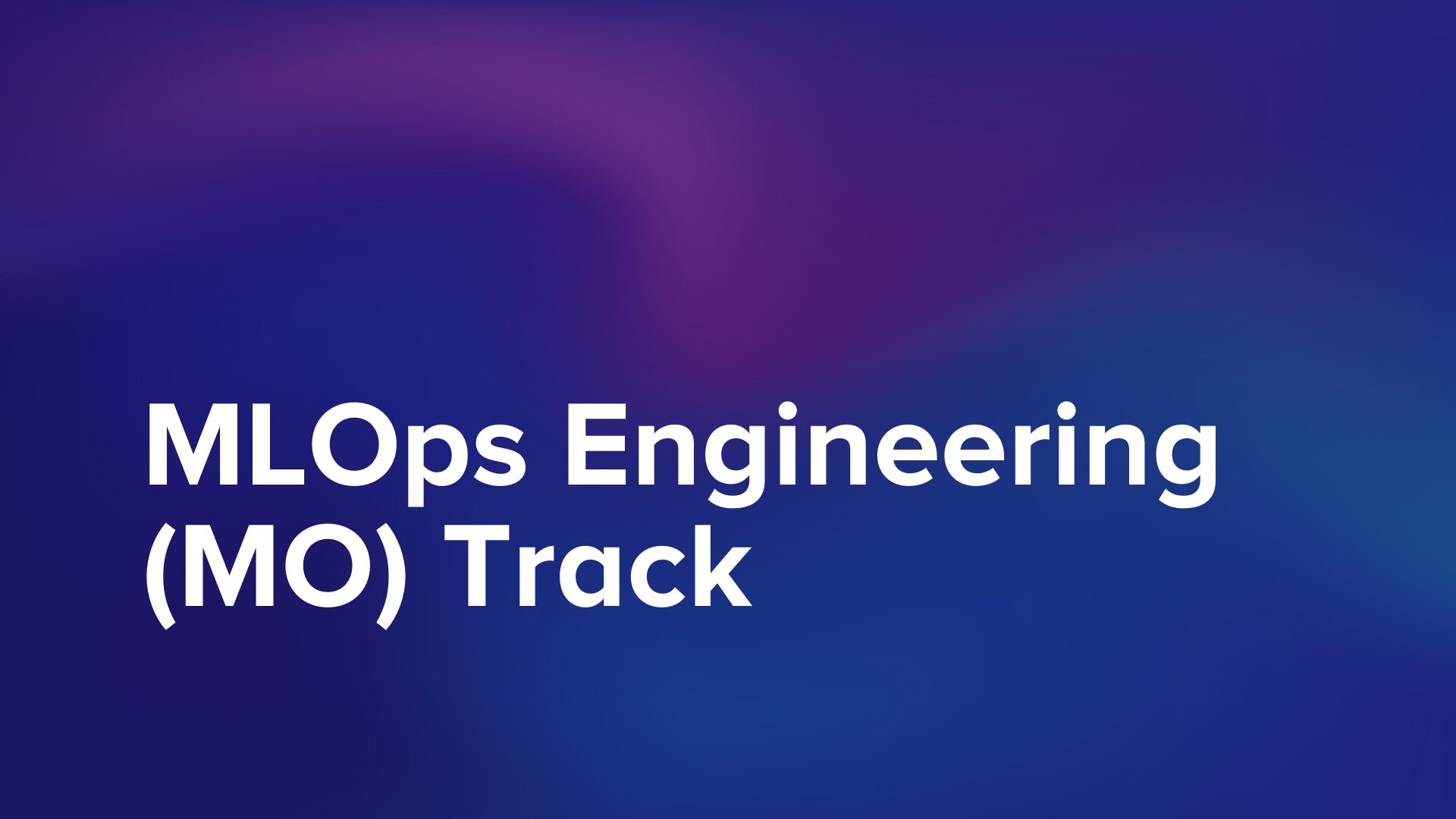
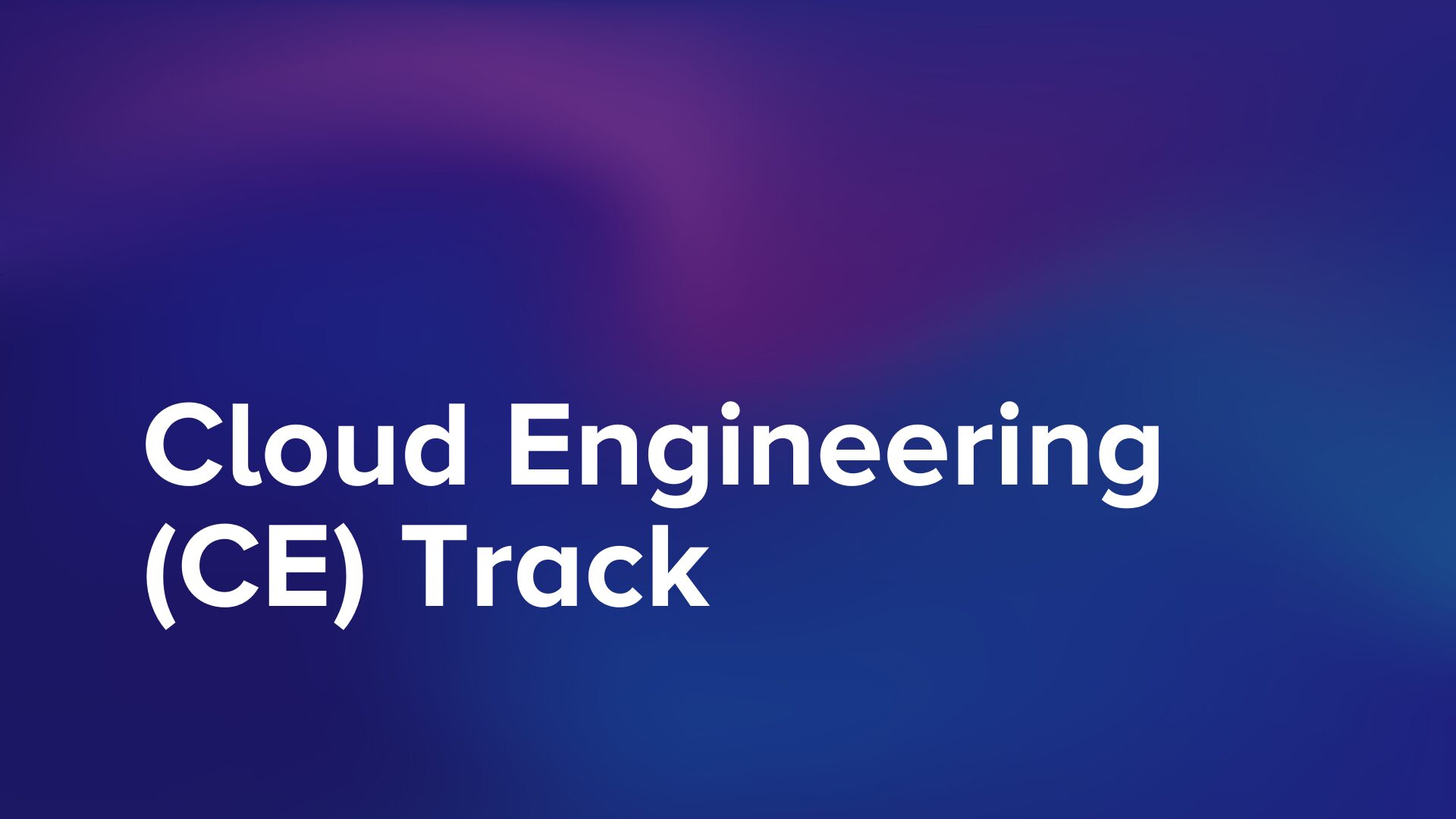
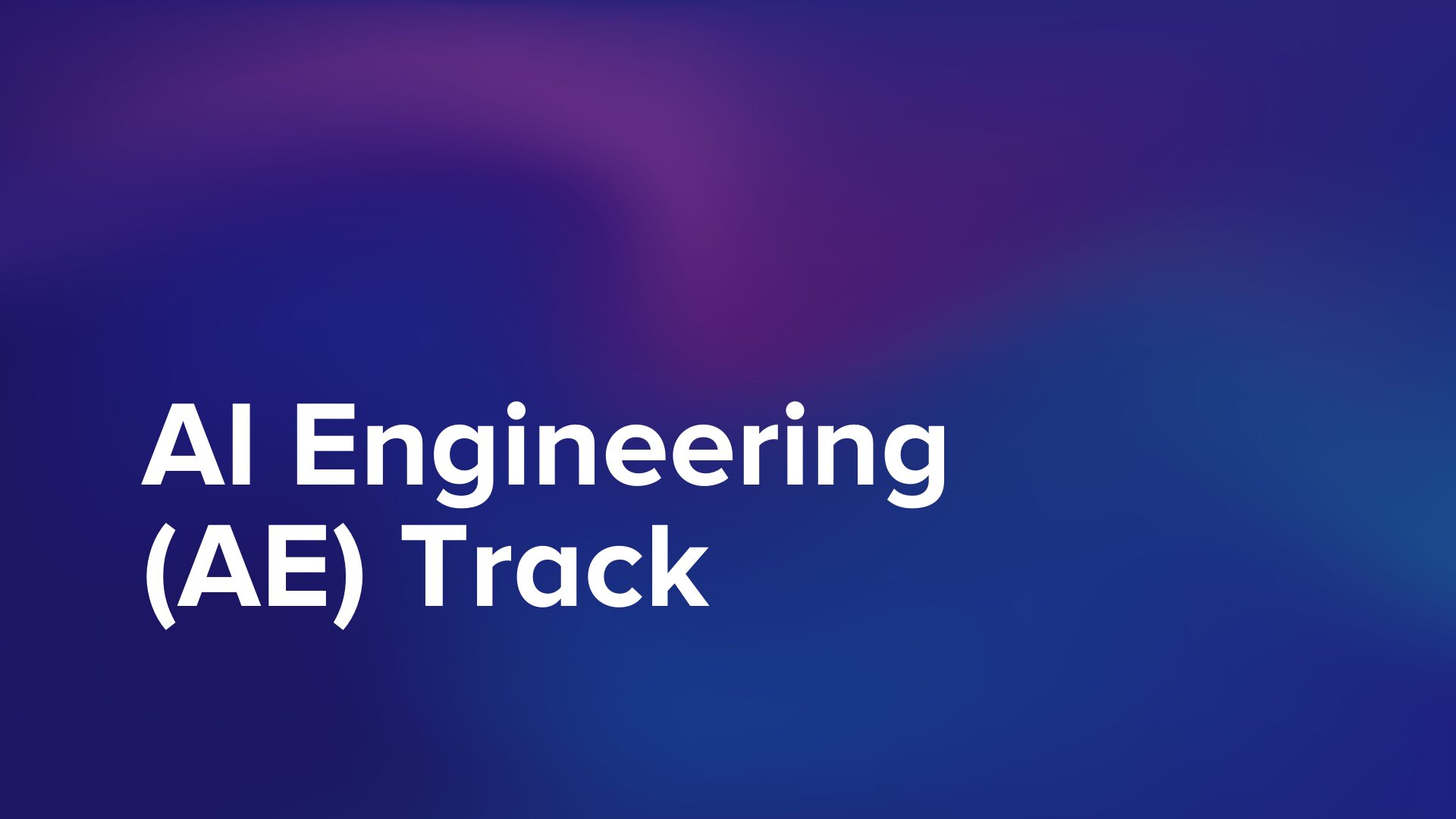
No. Track Courses are only accessible through the Professional or Unlimited+ subscription plans.
Yes, all courses are designed to be self-paced. Learn when it fits your schedule.
Each course includes prerequisites if needed. Many Standard Courses are beginner-friendly.
If you have other queries or specific concerns, don’t hesitate to let us know. Your feedback is important to us, and we aim to provide the best support possible.
Grow your skills, build projects you’ll be proud of, and unlock new opportunities — all at your pace.